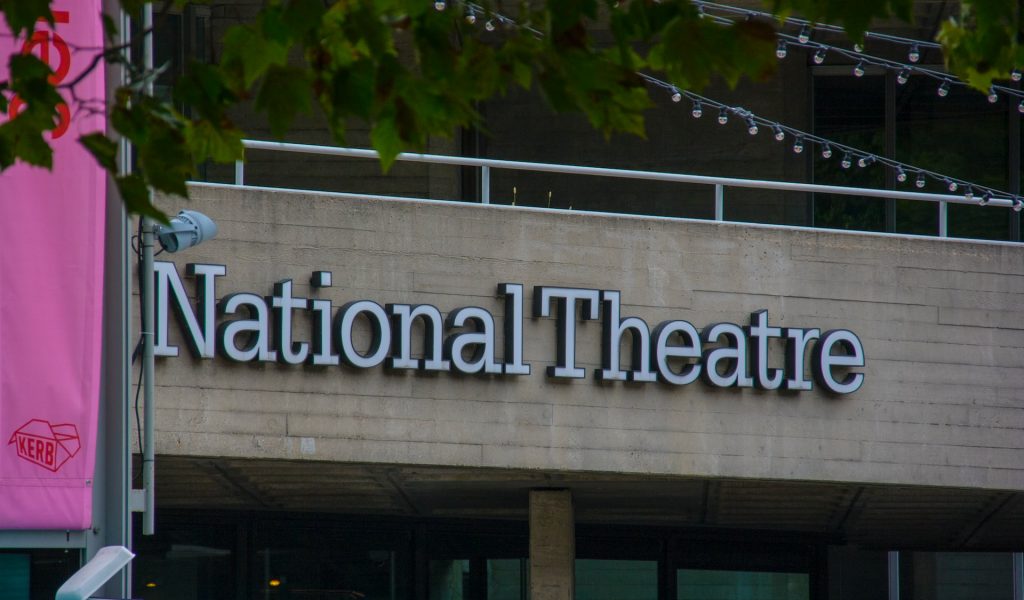Review: James Graham’s Best of Enemies

Arts + Lit Editor Violet Berney gives her take on the National Theatre’s production of James Graham’s Best of Enemies.
Based on the true story of the televised debates between William F. Buckley Jr. and Gore Vidal, and pivoted around a single occurrence between them, James Graham’s Best of Enemies is brought to life by the incredible performances of David Harewood and Zachary Quinto for the National Theatre. In this play, the two opposing forces work in congruence to frame, for the audience, the political zeitgeist of the 1960s in the United States.
The play’s central preoccupation is the relationship between media and politics; a comment is made and continually discussed within the very foundations of the play: quite how damaging is the media on the views of the population? With the appearance of things becoming the utmost priority, how much weight does the truth hold?
For me, this weaves in an everlasting relevance to the story, echoing 21st century media and its impact on politics. These concerns are effectively discussed within context constructed around them – moments of protest, violence, and civil unrest demonstrate the backdrop to the central events of the play. Through these flashes of protest, we hear a chant that echoes the play’s predominant theme: “The Whole World is Watching”. This chant was used famously during the 1968 protests at the Democratic National Convention condemning the USA for the Vietnam war; the protesters were beaten and apprehended by the police force – events that were broadcast across the country. The interplay of television and political turmoil assists in contextualising the central events and building on the fundamental musing of the play.
a comment is made and continually discussed within the very foundations of the play: quite how damaging is the media on the views of the population?
Vidal himself comments on the televised debates towards the end of play, complaining that people “sort of get an impression of somebody and they think they figure out what he’s like, by seeing him on television”. Here, the concerns staged by the play are verbalised: that, especially with the rise of media, the success of a politician relies solely on how charming or persuasive they appear on screen, rather than on their merit.
The play makes use of artistic license, positing and staging a hypothetical conversation between the two men – Brooke Gladstone wonders “what might [Buckley and Vidal] actually say to one another, off camera if [they] could. Not performing, this time. Just talking. Like a true debate should be”. It is only through the removal of the lens that the two men, sitting on different ends of the political spectrum, can find a level of understanding. This ties the story together on a hopeful note, and emphasises the importance of seeking out the truth of someone’s character.
Best of Enemies, neatly balancing comedic wit with effective commentary, makes for an entertaining and thought-provoking performance. Working alongside an incredible set design, based around the idea of the TV screen that framed the real-life events, and brought to life by the admirable performances of David Harewood and Zachary Quinto, this clever and brilliantly insightful play elegantly achieves all it sets out to.


